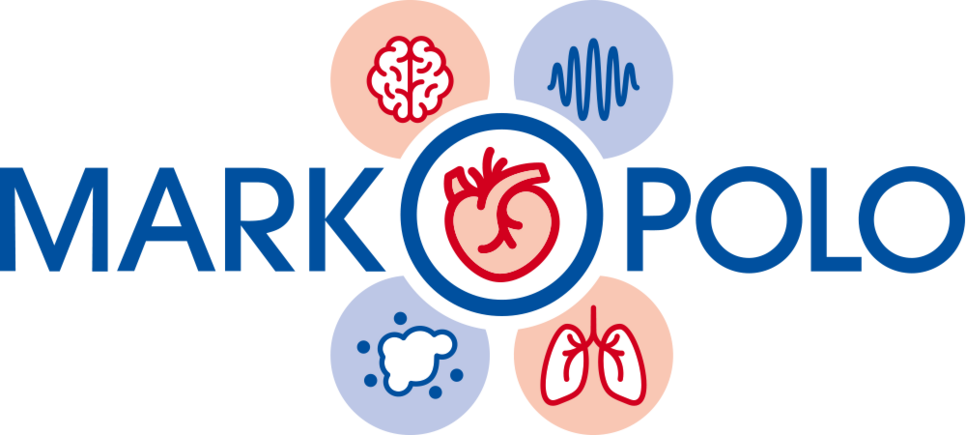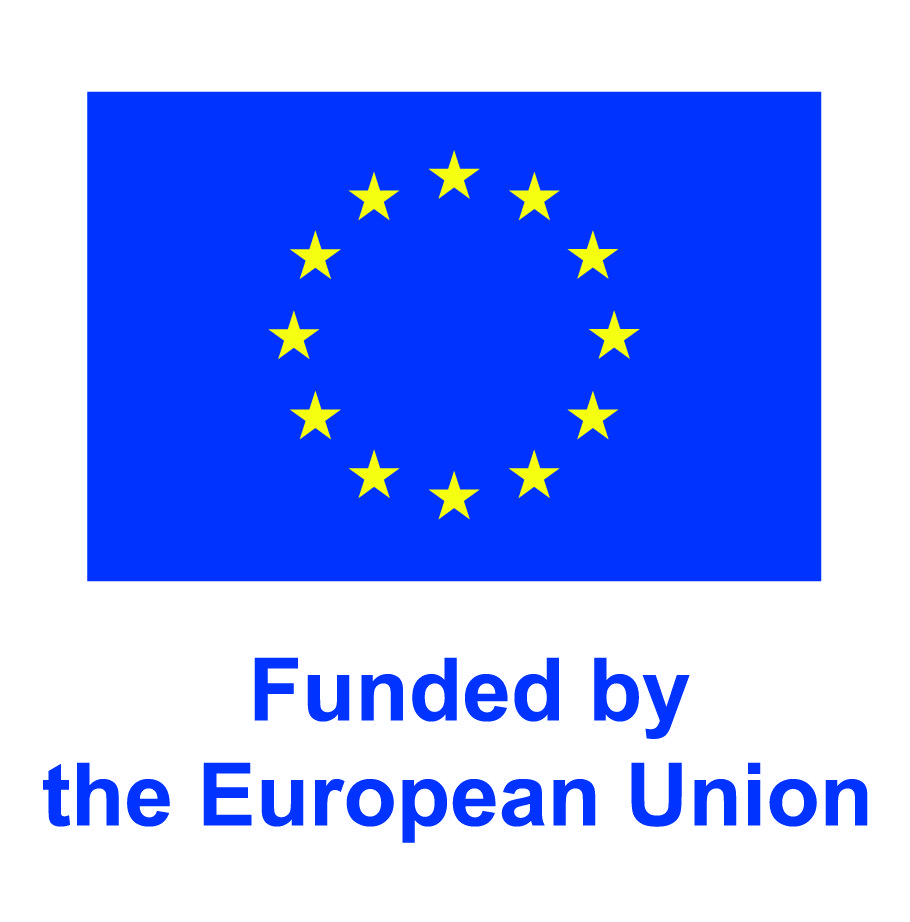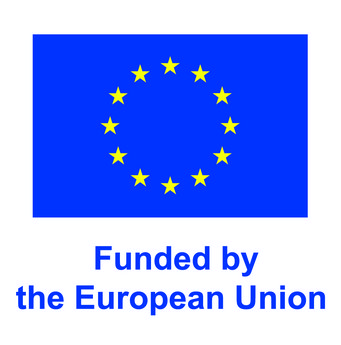EU-funded project to research health damage caused by traffic noise and air pollution
MARKOPOLO: Successful application for European consortium for environmental research as part of the “Horizon Europe” funding program with the participation of researchers from the Max Planck Institute for Chemistry
EU provides 8 million euros to research health damage caused by noise and ultra-fine dust – starting in January 2025
Press release from the University Medical Center Mainz/Additions by the MPI for Chemistry

- MARKOPOLO - short for markers of pollution - is a four-year EU-funded initiative set to launch on 01 January 2025
- MARKOPOLO’s goal is to explore the health impacts of traffic noise and air pollution, with a special focus on fine and ultrafine particulate matter, using cutting-edge translational research approaches
- The project brings together an international research consortium comprising 15 partners from ten different countries
Traffic noise and air pollution, especially particulate matter (PM), are closely linked environmental risk factors that contribute significantly to the development of diseases such as diabetes, hypertension and atherosclerosis. In Europe, traffic noise is responsible for the loss of 1.6 million healthy life years and air pollution causes around 0.5 million premature deaths each year. Despite these serious effects, these health risks are often not adequately addressed in clinical guidelines. In addition, European limits for noise and particulate matter exceed the standards recommended by the WHO.
MARKOPOLO aims to investigate the impact of traffic noise and air pollution, especially fine and ultrafine particulate matter, on human health through an innovative translational approach. Experimental and computational models are used in clinical, interventional and epidemiological studies. One of the main objectives is to identify disease-relevant biomarkers and to understand the molecular mechanisms involved in diseases of the brain, lung and cardiovascular system. The “from bench-to-bedside” approach uses extensive knowledge of the brain-heart connection and applies modern methods to better understand the causes of disease. The MARKOPOLO consortium is led by Prof. Dr. Andreas Daiber from the Department of Cardiology at the Mainz University Medical Center in Germany, with strong support by the environmental health expertise of Prof. Dr. Thomas Münzel. Scientists from the Max Planck Institute for Chemistry are also playing a major role in the project and are conducting research as part of the “Modeling” work package. The consortium has secured €7.99 million in EU funding, along with an additional €1.28 million in external support from the Swiss National Fonds.
“We will apply the so-called 'exposome concept', that helps us to understand how everything we are exposed to during our lives - especially environmental factors, nutrition or stress - can influence our health. With this approach, we want to find out more precisely which of these influences make us ill. We focus on how these factors are connected and how they work in the body to better understand and prevent diseases. This is what makes MARKOPOLO so special,” explains Prof. Dr. Andreas Daiber, Head of the Molecular Cardiology Research Group at the Department of Cardiology and project coordinator. “In addition, we will also use AI-supported computer models to break new, highly innovative ground in order to ideally be able to replace complex experimental studies in the future.”
Simulate and analyze pollutant burdens at the computer
„Our computer models can simulate the effects of pollutant exposure on the organism. The models will learn from the experimental and epidemiological studies of our partners in the consortium, and focus in on the most important markers of pollution. The knowledge we gain through the models on the molecular and cellular level will help to first steer and later replace those experiments” adds Dr. Thomas Berkemeier, research group leader at the Max Planck Institute for Chemistry and „head of the project area modeling.
“We are very pleased about the outstanding recognition at the EU level,” says Prof. Dr. Thomas Münzel, Senior Professor at the Department of Cardiology. “The Europe-wide network of excellent researchers engaged with MARKOPOLO will help us to strengthen and further expand our leading national and international position in the fields of the environment and cardiovascular diseases.”
In summary, MARKOPOLO seeks to provide new insights into the effects of environmental factors on the human body, improving risk assessment and evaluating the effectiveness of preventive strategies. By exploring societal and political contexts, the researchers aim to deepen understanding of the complex interplay between noise, air pollution, and human well-being. The findings are expected to support the development of clear and actionable guidelines for a range of stakeholders.


